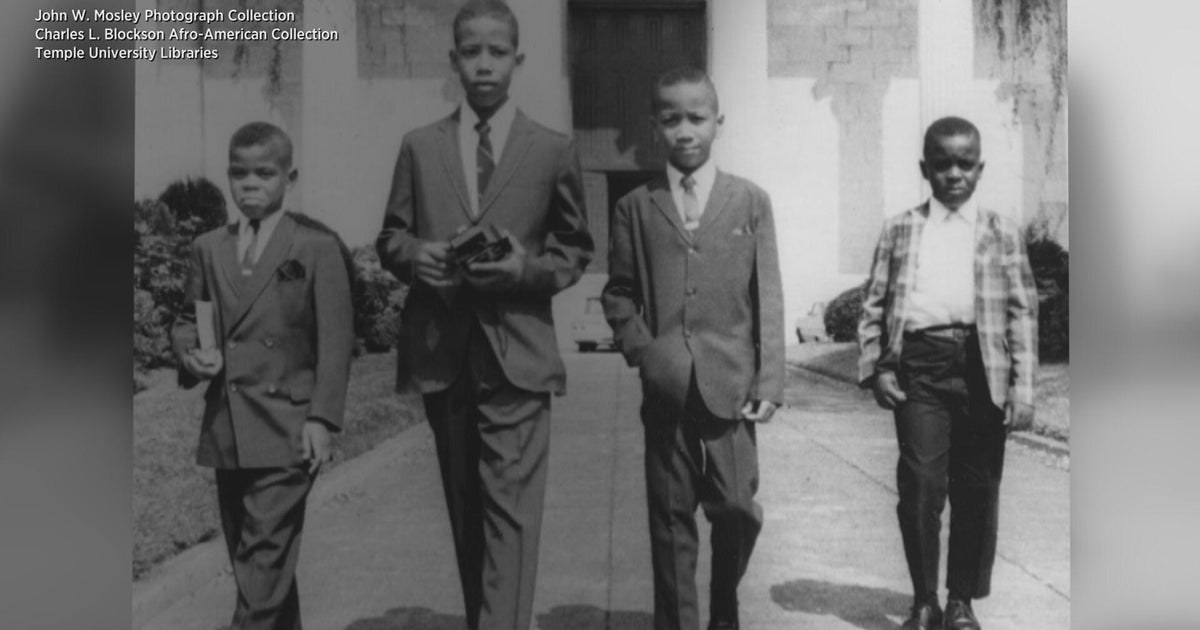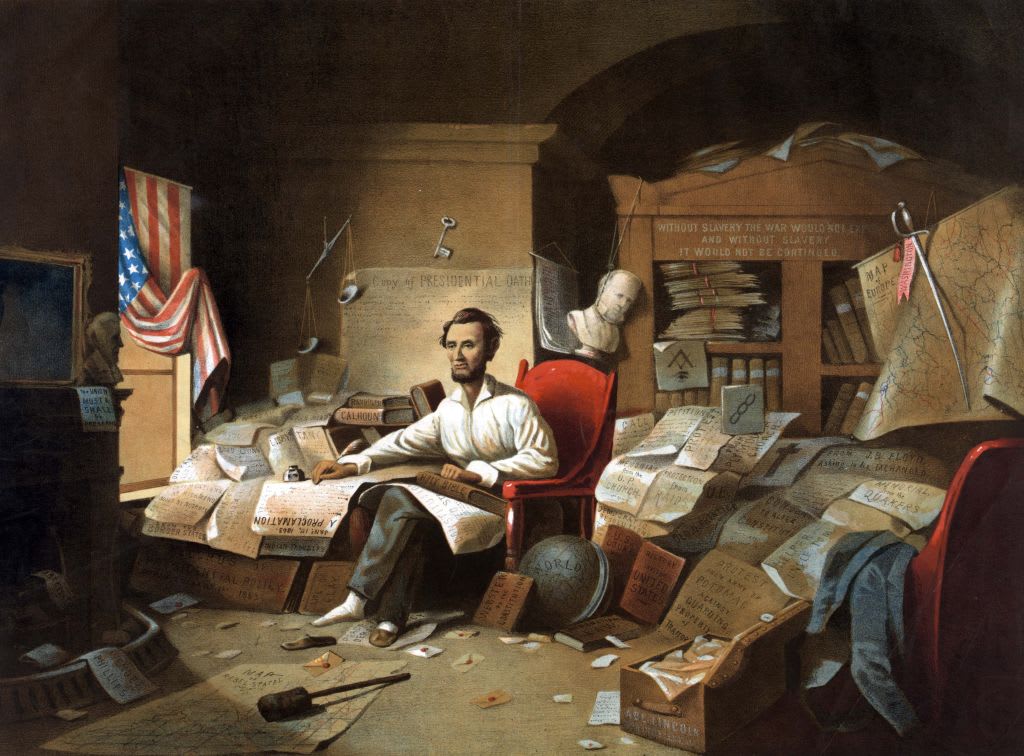Remembering Marian Anderson, 60 years after the March on Washington
Sixty years after the March on Washington, a piece of history lives on at Philadelphia's National Marian Anderson Museum.
The museum tells the story of Anderson, a woman who gave voice to a movement. While she's best known for her 1939 Lincoln Memorial performance of "America (My Country, 'Tis of Thee)," Anderson also performed during the March on Washington on Aug. 28, 1963.
Racism played a significant role in Anderson's life and career. In 1939, she'd been set to perform at Constitution Hall, but the venue banned Black performers. Instead, she sang to a crowd of 75,000 on the steps of the Lincoln Memorial.
Anderson continued breaking barriers. In 1955, she became the first Black singer to perform in a principal role at the Metropolitan Opera in New York.
"What she did was represent hope, possibility and opportunity for Black people," Jillian Patricia Pirtle, CEO of the National Marian Anderson Museum, said.
The museum is home to the phone Anderson used to answer the call about performing at the March on Washington.
"This phone just speaks of history and speaks of the stories and the life," Pirtle said.
She returned to the Lincoln Memorial for the March on Washington and sang "He's Got the Whole World in His Hands."
In the summer of 2020, disaster struck at the museum. Amid COVID shutdowns, a burst water pipe caused a major flood, damaging and destroying dozens of artifacts. The building needed repairs.
"When you see such history just floating and you don't know how it's going to be fixed, it was more than I could bear," Pirtle said.
While the museum remains closed for now, volunteers and donations are helping to bring it back to life. As repairs continue, Pirtle holds pop-up presentations at schools in the area so that students can learn about Anderson's legacy.
As an opera singer herself, Pirtle says she was inspired by Anderson as a child. Now it's her turn to carry the torch, preserving Anderson's music and memory for generations to come.






